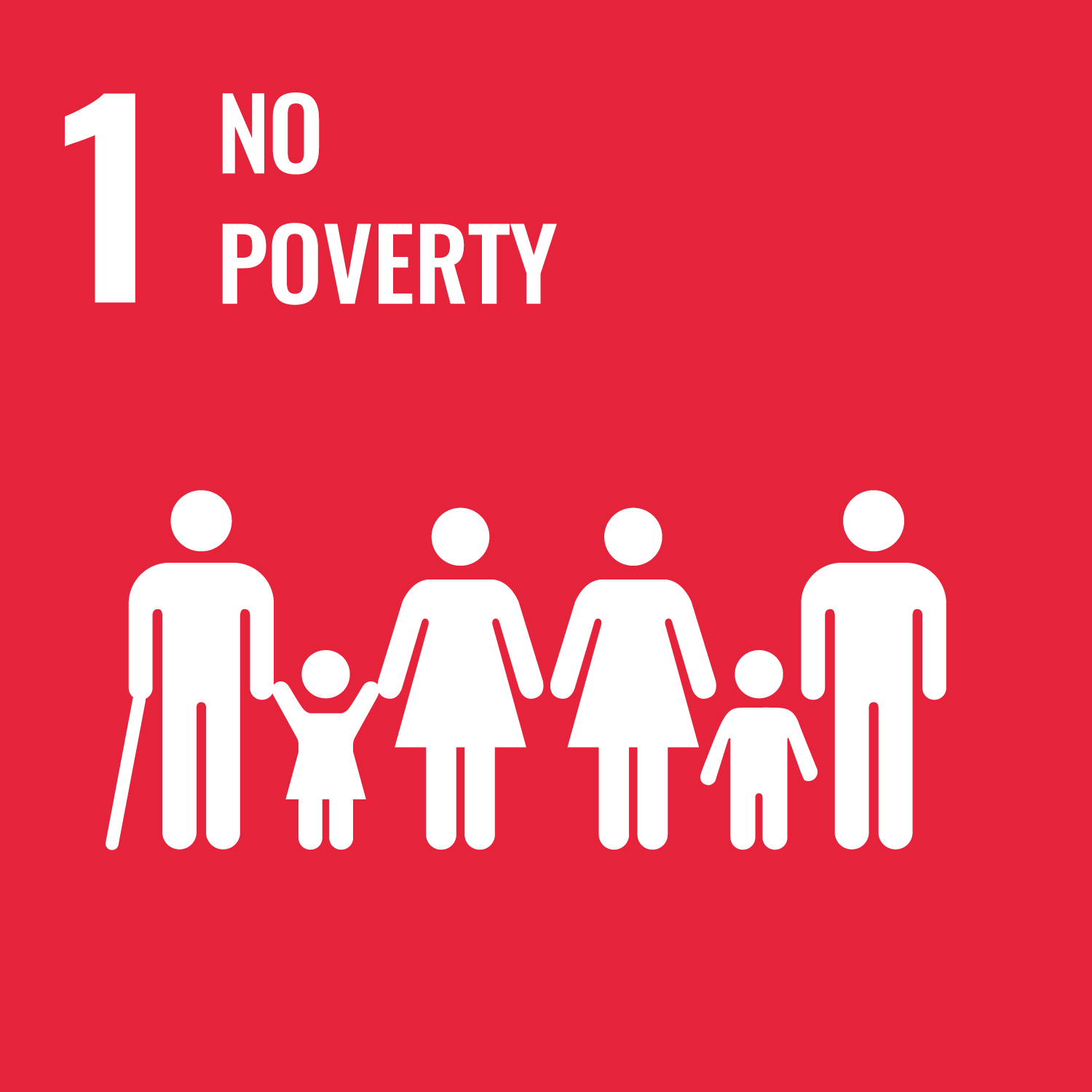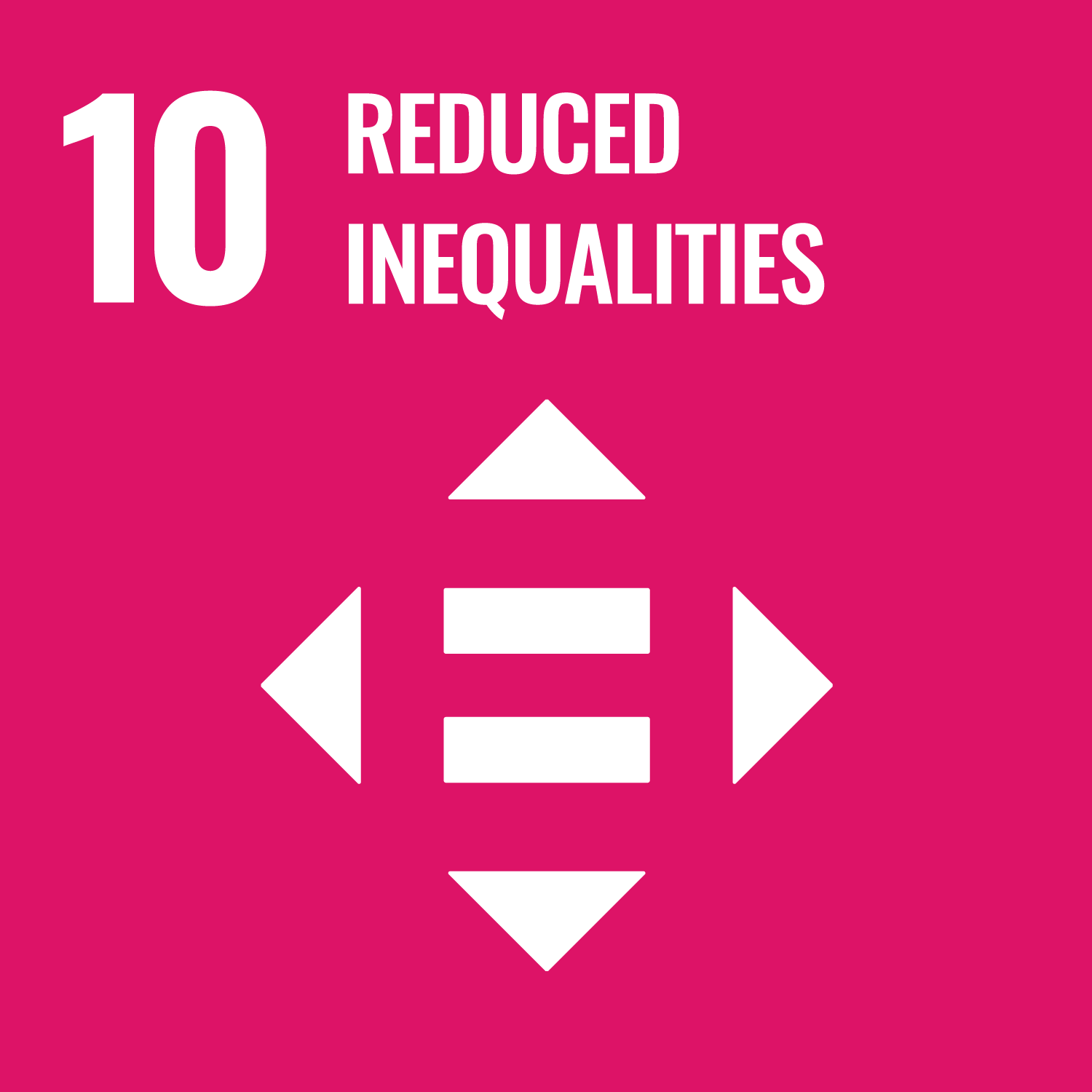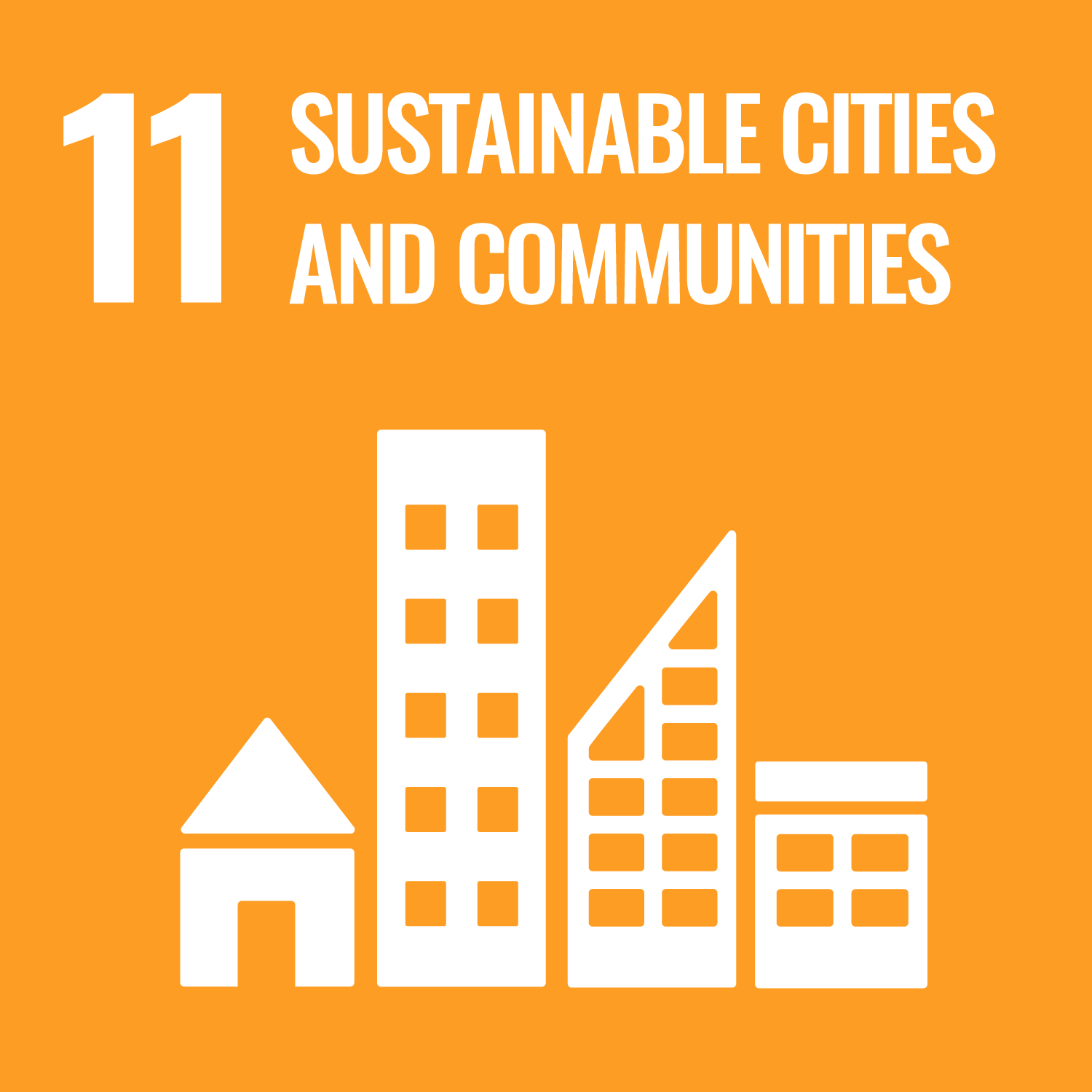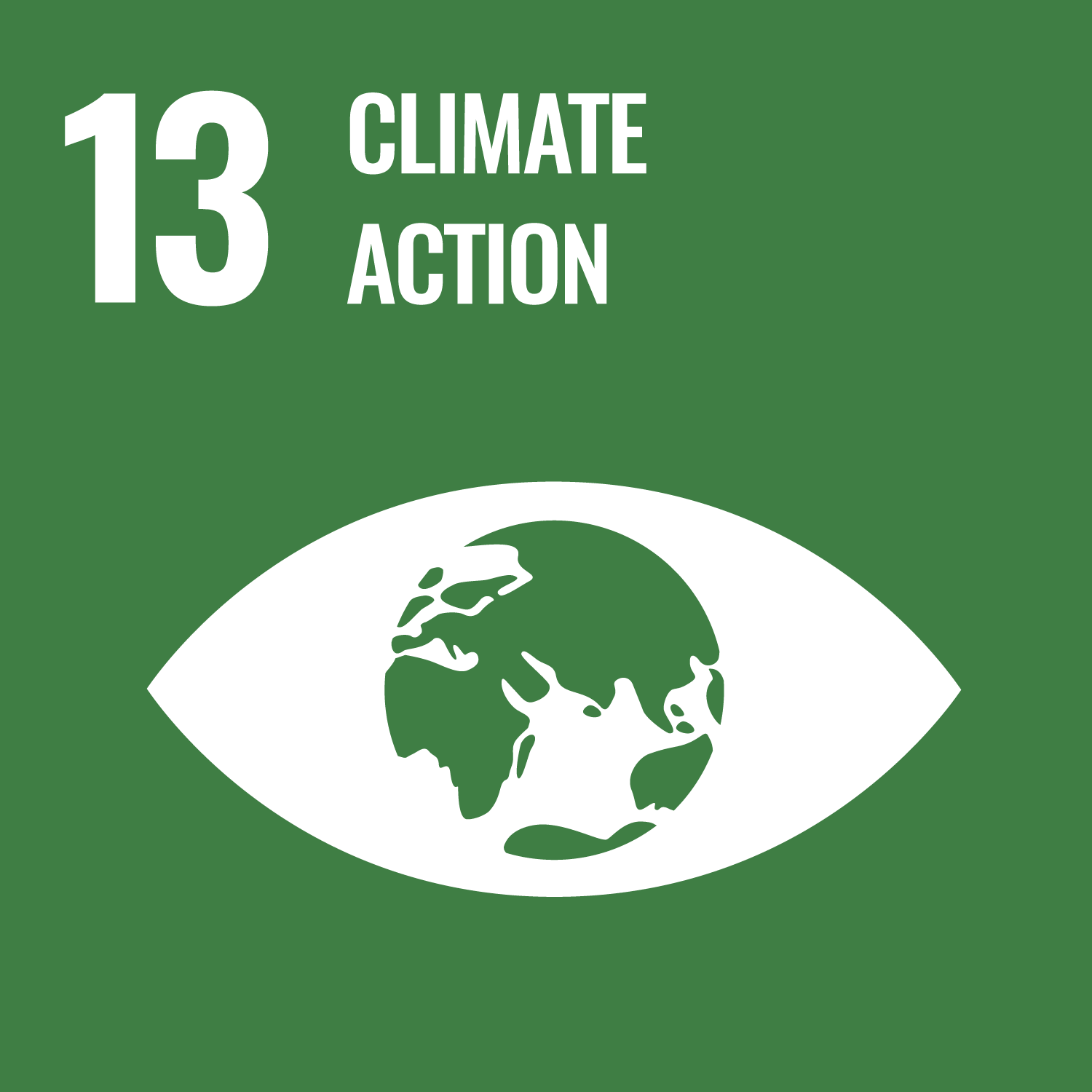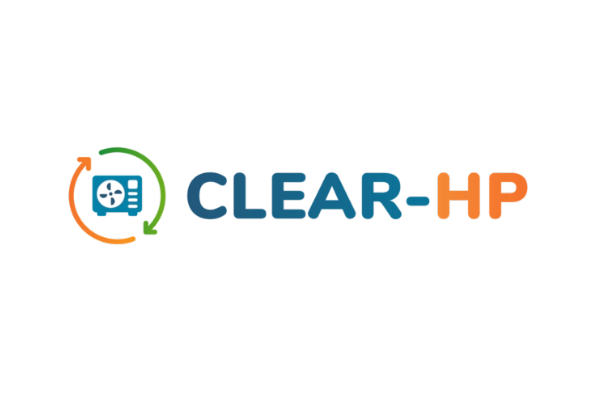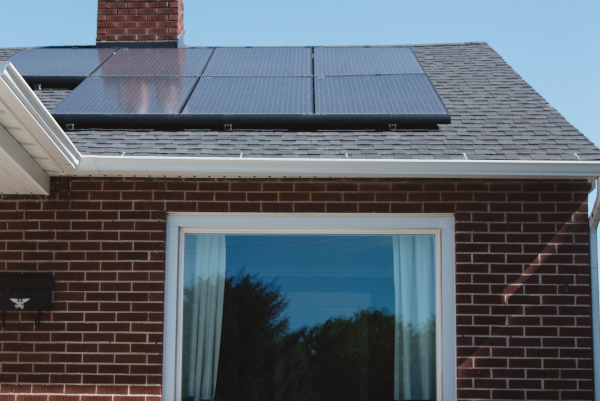“Maison de l‘Habitat” Energy Service Center
“Maison de l‘Habitat” Energy Service Center
National projectA central service point for all services related to energy retrofits and financial aids increases effectivity.
The city of Liège cooperated with the local energy service provider (Liège-Energie) and created an easily accessible service for citizens to seek guidance and support. Combined with an effective communication strategy, the project has led to significantly higher numbers of retrofitting measures in the area.
Thanks to the Maison de l’Habitat, a 47 % increase in interactions with citizens could be recorded within one year and the number of loans increased by nearly 60 %!” Alison Colon, Liège-Energie.
Organisational Steps
A new communication strategy is central to promote the available public services at the “Maison de l’Habitat”:
- A joint understanding of communication and a joint communication strategy of the associated services, hosted on site, had to be developed. The focus was set on the available information and explanations on how citizens can access the information and services."
- All services hosted regularly met up to implement the new procedure. A newsletter and an editorial board where each service is represented were set up. A common contact form and agenda have been established.
To measure the impact of the activities, the following methodology was developed:
- The number and type of retrofits, financed through public loans, is the basis of assessment. A methodology estimates the reduction of CO2 emissions according to the type of retrofit.
- The difference between the situation before and after the retrofit (in kWh) is used to estimate the energy saved and is converted to tCO2, taking into account the Walloon Region emission factor. In 2017, the estimated reduction of CO2 emissions due to retrofit works financed by public loans was around 210 tCO2.
Long-Term Aspects
- Through the promotion of the services offered at the “Maison de l’Habitat”, more citizens are aware of and have access to these services. This represents a longterm increase in energy retrofits and increases the overall efficiency and effectiveness of the related public services.
- The cooperation of different services opened new ways of thinking and working within the public administration.
- The communication strategy (newsletter, website) is continuously updated and implemented.
Some concrete key performance indicators (KPIs) of the project included:
- Significant awarness raising for retrofitting and related aids: 47.5% increase of citizens interested to obtain those aids.
- increase of 59.71% of people engaging in retrofitting their housing.
The “Maison de l‘Habitat” is part of the collection of best practices made over three years by the partners of the Interreg NWE funded project „Climate Active Neighbourhoods“. The multi-national consortium based in Belgium, France, Germany, the Netherlands and the UK has closely collaborated on methods and solutions for realising a low carbon future, increased energy efficiency and a socially just energy transition on the neighbourhood level. During the initial phase of the project (2016-2020), CAN focused on neighbourhoods in need of renovation in municipalities of different sizes in Northwest Europe. Innovative activation approaches for the expansion of energy retrofits in neighborhoods have been implemented by the project partners (12 in total).
-
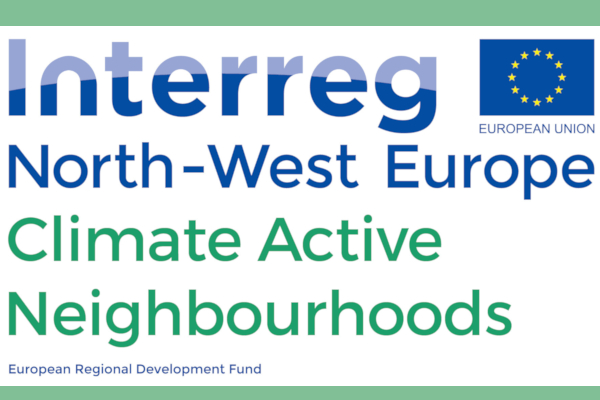
-

Liège, Belgium
-
 Geographical scale:
Geographical scale:
-

-

-
 Professionals involved:
Professionals involved:
-
 Type of funding:
Type of funding:
Supported by the INTERREG North-West Europe Programme -
SDGs addressed:
